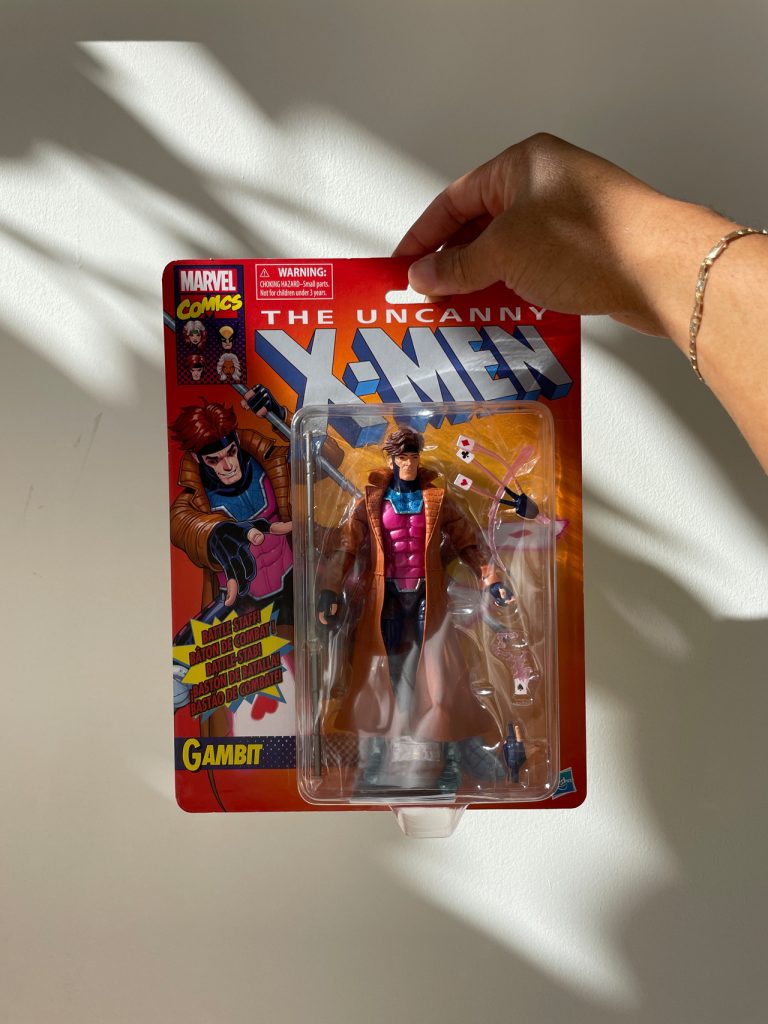A while back, I wrote about pointing at rainbows and why it’s a taboo in many cultures and countries, including Germany. So I looked up some more cultural taboos in Germany and found a few lists (via Stylerail and Cultural Atlas). One of the most common was not getting straight to the point:
Try to get straight to the point at hand. Germans generally do not need much small talk to warm up the conversation. They often appreciate it when others are direct.
Avoid meaningless small talk
Let’s start with conversation. Feel free to get into a debate, talk about politics, or crack a joke at the expense of the Italian national football team. All of these are likely to be well received, and odds are you’ll find yourself engaged in a passionate conversation.
But don’t try and make casual small talk about the weather. Germans find this boring and a waste of time. They’re not much for the subtleties of the American conversation. If it isn’t worth saying, don’t say it. Everyone around you also knows what the weather is like.
And being late is a no-no too, apparently:
Avoid cancelling on a German at the last minute or being late. If you anticipate delays, give your German counterpart a fair warning of your tardiness.
Germans are punctual, and they expect you to be the same even if you’re visiting. Meeting someone for dinner? Plan to beat your reservation time by a good ten minutes because even walking in as it’s called is pushing the limits here.
No matter where you’re headed — be it work, a football match, the pub — keeping someone waiting is seriously frowned upon.
Even traffic is no excuse — leave your hotel or flat earlier than you need to, just in case something comes up. If you arrive early, use the extra few minutes to brush up on the news so that your conversation points are ready to go.
There’s also a lot of stuff on not casually discussing Nazism or comparing anyone/anything in the country to Nazis—all fair in their own relative ways. But was there any quirky cultural taboos or anything unique to Germany? Well, yes. Related to the police:
Tread Lightly When Speaking to the Police
Members of most cultures would advise being polite when interacting with the police, but Germans have specific rules with regard to decorum in the face of the law. Specifically, never, ever use the informal ‘du’ when speaking to the Polizei. Always opt for the formal address, ‘Sie.’ Failure to do so could result in criminal punishment including fines up to €600 as it is actually illegal to address them by ‘du.’ This is technically true for all German civil servants.
And, on a more light-hearted note, this about knives and potatoes (although a German on Reddit has refuted this claim):
Do not use a knife to cut potatoes or dumplings (suggests food is not tender). The general rule is whatever does not need a knife, should not be touched with your knife.
source
Respect the culture or pay with your… Euros. Is there a German word for that?

